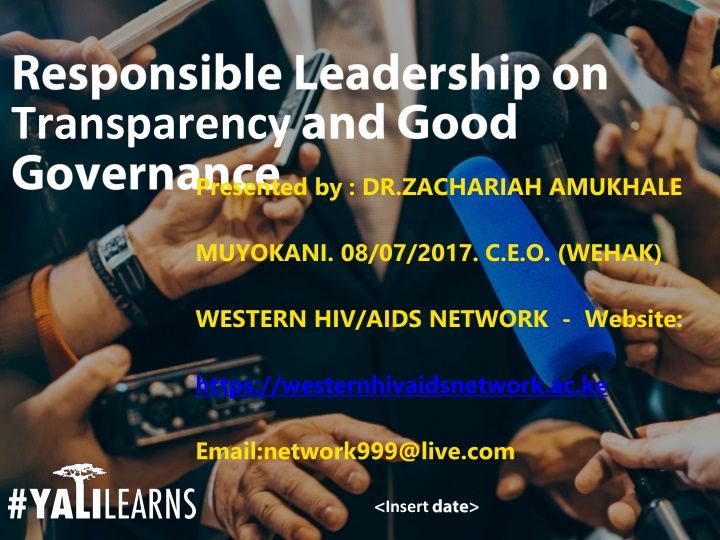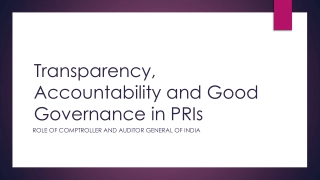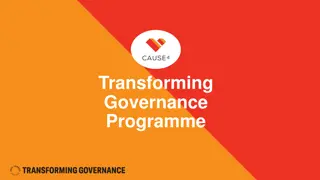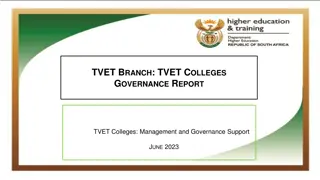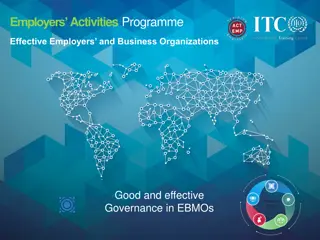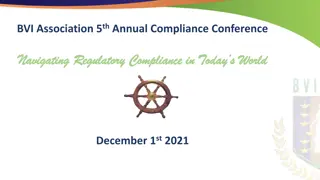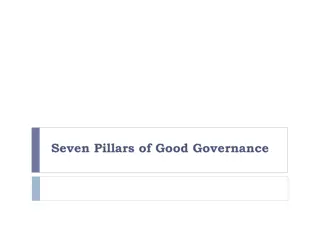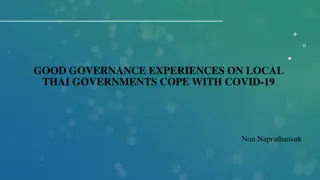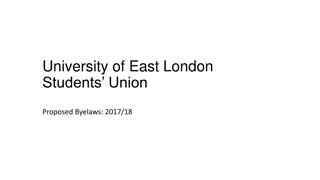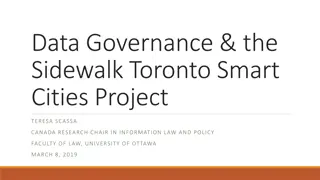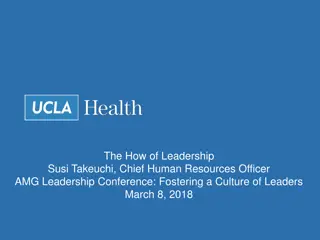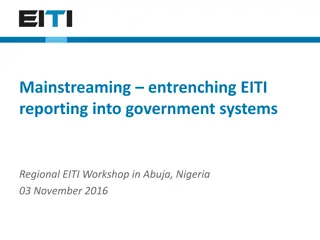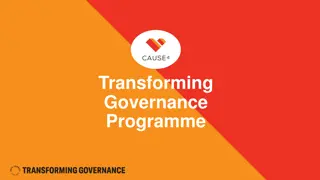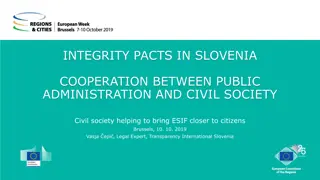Responsible Leadership on Transparency and Good Governance
Dr. Zachariah Amukhale Muyokani presented transparency on 08/07/2017 as the CEO of WEHAK - Western HIV/AIDS Network. Contact via website: westernhivaidsnetwork.ac.ke or email: network999@live.
Download Presentation

Please find below an Image/Link to download the presentation.
The content on the website is provided AS IS for your information and personal use only. It may not be sold, licensed, or shared on other websites without obtaining consent from the author.If you encounter any issues during the download, it is possible that the publisher has removed the file from their server.
You are allowed to download the files provided on this website for personal or commercial use, subject to the condition that they are used lawfully. All files are the property of their respective owners.
The content on the website is provided AS IS for your information and personal use only. It may not be sold, licensed, or shared on other websites without obtaining consent from the author.
E N D
Presentation Transcript
Transparency Presented by : DR.ZACHARIAH AMUKHALE MUYOKANI. 08/07/2017. C.E.O. (WEHAK) WESTERN HIV/AIDS NETWORK - Website: https://westernhivaidsnetwork.ac.ke Email:network999@live.com Insert
Identify and define the meaning of transparency and good governance. Understand the institutional frameworks that must be present to achieve transparency and good governance. Learn how citizens can promote transparency and good governance.
The absence of transparency and good governance permits illegal or unethical actions and inhibits accountability. The five frameworks that are necessary to achieve this objective are a commitment to transparency, effective governmental structures and oversight, anti-corruption laws, whistleblower protections, and the freedom of the press. Transparency regulations allows citizens to be aware of their government s actions, creates incentives for public officials to behave according to these standards, and gives civic-minded citizens a venue to hold their leaders accountable. Establishing a written code of conduct is important for national or governmental level bodies, but also for individuals at the local or organizational level.
1. Have you ever paid or asked for a bribe? What were the circumstances? At the time, would you have characterized it as a bribe? If you had it to do over, what would you do differently? Have you ever refused to pay a bribe? If so, were there consequences? Did you report it? 2. What is your relationship with local institutions? How do you interact with institutions such as law enforcement, municipal authorities, and elected officials? Are there opportunities to engage with them to address instances of corruption? 3. How would you assess your country s efforts to promote transparency and good governance using the five institutional frameworks? Where are their efforts most effective? Where are they least effective? 4. In your community, how accessible is information to the public? What role do the media play in publicizing the activities of government and business? How can you support independent, investigative journalism?
Awareness Skit: Give pairs or small groups 5 minutes to plan a skit, then perform each for the whole group. Encourage humor and fun! Have group members create an ethical dilemma skit, like the one you watched at the beginning of your course session. Each skit will depict a corrupt practice like buying votes, taking a bribe or accepting gifts for something in return like special access, information, or power. Have each group act out their skits one at a time. Then ask the attendees to identify the corrupt behavior after each skit. After the skits are completed ask the attendees whether they learned something new and what they think is the best way to address these situations in their communities .
Where do we go from here? Exchange contact information and plan to work together for a future event. Find one or two people from today s session who you want to collaborate with on a project in the future.
